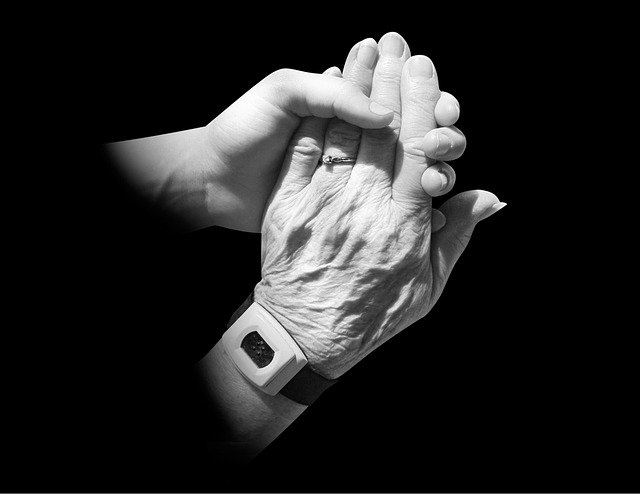Rather than a separate disease, dementia is actually a collection of symptoms that are psychological and cognitive in nature. If someone close to you has dementia, you may observe them exhibiting inappropriate behavior or notice changes in their personality. They may become paranoid, anxious, depressed, and may perceive hallucinations. Cognitive changes are those that affect the way a person thinks. Dementia is strongly associated with memory loss, but it can also cause disorientation, communication problems, and difficulty with complex tasks.
Simply put, the underlying cause of dementia is damage to the brain cells, which can result from various conditions, that affects their functioning. Sometimes it is possible to reverse dementia by treating the underlying conditions. Other times, the damage to the brain cells is irreversible and the dementia keeps getting worse.
Alzheimer’s Disease
The most common cause of dementia is Alzheimer’s disease. This type of dementia is progressive, meaning that people who have it do not get better and typically end up needing Alzheimer care Denver. Alzheimer’s disease causes clumps of proteins to build up in the brain and damage neural cells. Genetic factors can increase one’s risk of developing Alzheimer’s disease, but a definitive cause is not known.
Frontotemporal Dementia
The different parts of the brain perform different functions. Therefore, damage to a specific area of the brain can cause very specific dementia symptoms. Frontotemporal dementia affects the temporal lobes, which are to the sides of the forehead, and the frontal lobe. Like Alzheimer’s disease, frontotemporal dementia is caused by damage to the brain cells by the formation of clumps of protein. While damage due to Alzheimer’s tends to be more diffuse, the clumps in frontotemporal dementia form specifically in those areas. The two are also different because, while Alzheimer’s disease tends to develop later in life, onset of frontotemporal dementia usually occurs earlier, between the ages of 45 and 65.
Vascular Dementia
Vascular dementia is another common cause of progressive dementia. It doesn’t arise from direct damage to the brain cells. Rather, the cells become damaged due to lack of circulation caused by problems with the blood vessels that supply the brain.
Parkinson’s Disease
Parkinson’s disease is a neurological disorder that is primarily known for affecting movement. However, damage to the brain from Parkinson’s can also produce the cognitive and psychological changes characteristic of dementia. For example, people with Parkinson’s disease may have visual hallucinations or act out their dreams while they sleep. Parkinson’s disease causes the formation of specific balloon-like clumps of protein in the brain called Lewy bodies. These may be present with other conditions as well.
While nothing can stop progressive dementia, early intervention and treatment may slow it down.




